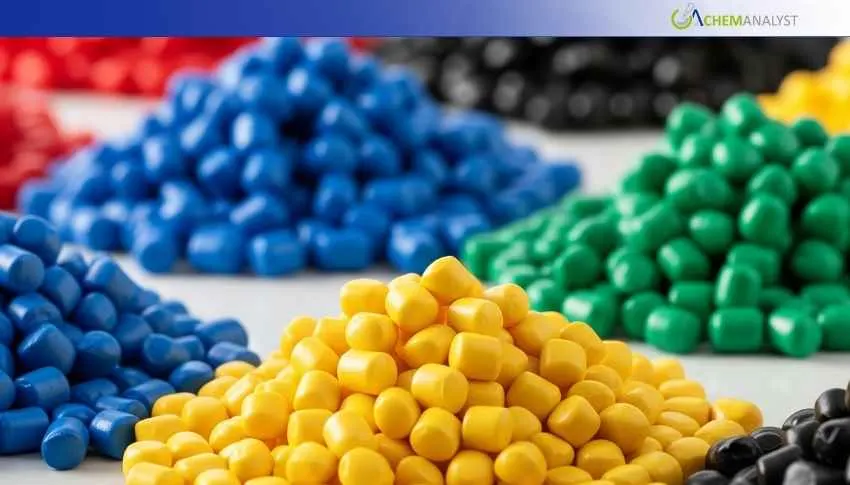Welcome To ChemAnalyst

Europe’s masterbatch market ended August 2025 on steady ground, supported by slightly lower resin costs and resilient packaging demand. The ethylene contract slipped €10/t, while PP and PE remained near multi-year lows, keeping inputs favorable. Packaging trials ahead of the EU’s PPWR boosted demand for PCR-compatible masterbatch, while white masterbatch sentiment improved following the titanium dioxide ruling. Producers like Avient and LyondellBasell posted solid Q2 results, though construction and automotive remained uneven.
Europe’s masterbatch market closed August xxxx on a steady note, as marginally lower resin costs helped offset sluggish demand in automotive and construction. Packaging applications continued to anchor volumes, with recycled-content requirements under EU regulations driving consistent offtake. Producers reported a cautious but balanced month, with pricing largely stable.
Polyolefin feedstocks provided some relief to masterbatch makers. In August, indicative references placed HDPE film near USD x,xxx.xx per tonne and PP homopolymer injection close to USD x,xxx.x per tonne, with limited restocking until late in the month.
In recycled markets, food-grade rPET prices slightly slipped to around USD x,xxx.x per tonne, reflecting weaker beverage consumption and competition from virgin PET. For masterbatch producers supplying bottle and sheet converters, the softer rPET base added further pressure. Recycled PP demand, meanwhile, was buoyant in packaging but weaker in construction, creating a two-speed...
We use cookies to deliver the best possible experience on our website. To learn more, visit our Privacy Policy. By continuing to use this site or by closing this box, you consent to our use of cookies. More info.
